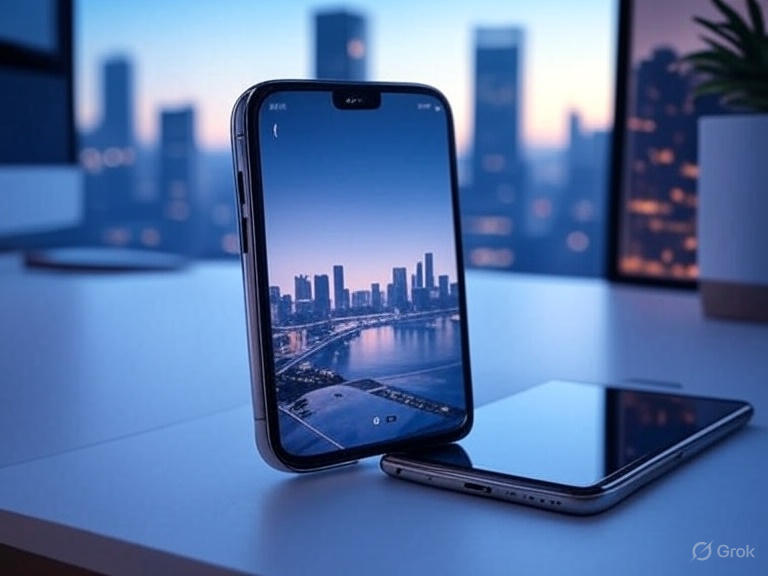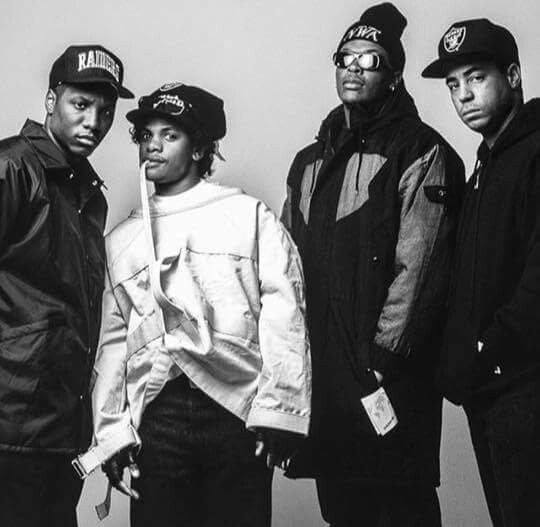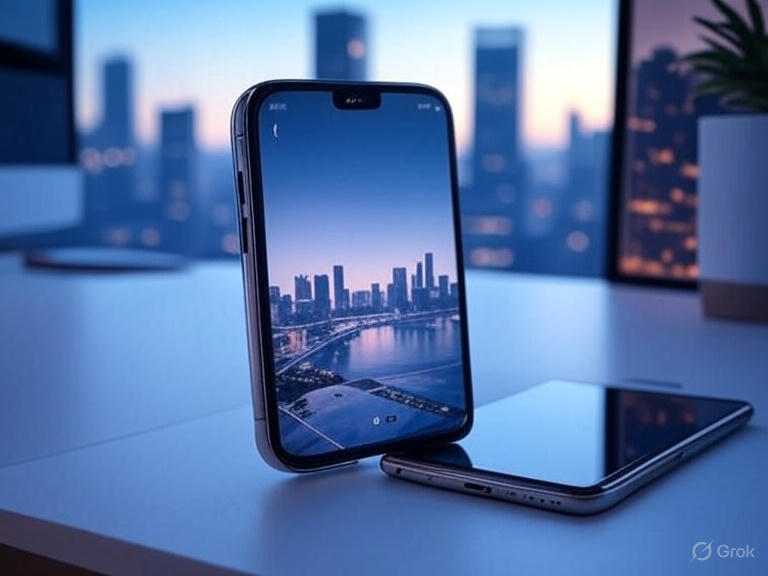Back in high school, I remember staying up late dissecting Nas’ Illmatic, convinced every line came straight from his soul—raw, authentic, untouchable. That album felt like a blueprint for hip hop’s essence: real stories from real streets. Then years later, whispers surfaced about Nas using help on tracks like “N.Y. State of Mind,” and it hit me like a punchline I didn’t see coming. Ghostwriting, that shadowy practice where one MC pens bars for another without credit, has been hip hop’s open secret forever. It’s sparked beefs, shattered reps, and even fueled classics we blast daily. As someone who’s spun records at block parties and debated lyrics over late-night cyphers, I’ve seen how it divides fans—purists cry foul while pragmatists see it as smart business. In hip hop’s evolution from Bronx basements to billion-dollar streams, ghostwriting plays a pivotal role, blending collaboration with controversy, and shaping the genre’s narrative one uncredited verse at a time.
What Is Ghostwriting in Hip Hop?
Ghostwriting happens when a writer crafts lyrics, hooks, or full songs for an artist who performs them as their own, often without public acknowledgment. Unlike pop where songwriters get props, hip hop prizes authenticity—rappers are storytellers of their lived experiences, so outsourcing feels like cheating the code. It ranges from tweaking a bar to ghosting entire albums, but the core issue? Credit—or lack thereof—fuels debates on credibility.
The History of Ghostwriting in Rap
Hip hop’s roots in the 1970s Bronx emphasized self-expression, yet ghosting crept in early with tracks like Sugarhill Gang’s “Rapper’s Delight,” rumored to lift lines from Grandmaster Caz. By the ’80s and ’90s, it boomed as the genre went commercial—Diddy openly bragged about “writing checks, not rhymes” on hits like “I’ll Be Missing You.” Today, with streaming demanding constant output, it’s more prevalent, though purists trace its taboo to rap’s origins as “CNN for Black people,” demanding unfiltered truth.
Early Pioneers and Taboos
Pioneers like Biz Markie leaned on Big Daddy Kane for gems like “Vapors,” showing collaboration’s roots, but secrecy bred suspicion. Chuck D’s view of rap as raw reportage made ghosting a betrayal, yet icons like Dr. Dre built empires on it.
Modern Shifts in Acceptance
Post-2000s, beefs like Drake vs. Meek Mill normalized debates—Drake survived accusations, proving market appeal trumps purity for some. Streaming’s pace pushes artists toward help, blurring lines between ghosting and co-writing.
Famous Ghostwriting Examples in Hip Hop
Classics owe debts to hidden pens: Jay-Z ghosted Dr. Dre’s “Still D.R.E.,” infusing West Coast flair with East Coast lyricism. Nas penned Will Smith’s “Gettin’ Jiggy Wit It,” bridging underground cred with pop polish. Biggie crafted Lil Kim’s “Queen Bitch,” amplifying her voice in a male-dominated scene.
- Quentin Miller for Drake: Credited on “10 Bands,” sparking 2015 controversy.
- CyHi for Kanye West: Penned hooks on “Father Stretch My Hands Pt. 1.”
- Sauce Money for Diddy: Wrote “I’ll Be Missing You,” a Grammy winner.
- The D.O.C. for Dr. Dre: Ghosted “Nuthin’ But a G Thang” post-accident.
- Skillz for various artists: Known for uncredited work, later exposed in tracks.
Controversies Surrounding Ghostwriters
Beefs erupt when secrets leak: Meek Mill’s 2015 tweet accusing Drake ignited a war, but Drake’s diss tracks won the narrative. Nas faced claims Jay Electronica helped on Untitled, questioning his GOAT status. These scandals highlight hip hop’s authenticity code—fans feel betrayed when idols outsource personal tales.
High-Profile Beefs
Drake’s reference tracks leaking fueled debates, yet his sales soared, showing commercial forgiveness. Kendrick Lamar shaded ghosting on “King Kunta,” elevating his rep as a solo penman.
Impact on Credibility
Accusations tarnish legacies: Ol’ Dirty Bastard’s Return to the 36 Chambers owed much to RZA and GZA, diluting his wild persona. Yet, some argue it fosters innovation.
Ghostwriting vs. Collaboration: A Comparison
Ghostwriting hides contributions, while collaboration credits all—think Kanye and Pusha T co-writing openly. Both boost output, but ghosting risks backlash; collabs build networks without secrecy.
| Aspect | Ghostwriting | Collaboration |
|---|---|---|
| Credit | None/public denial | Shared credits |
| Authenticity | Questioned in hip hop | Celebrated as teamwork |
| Examples | Miller for Drake | Jay-Z and Kanye on Watch the Throne |
| Benefits | Quick hits, privacy | Builds community, transparency |
| Drawbacks | Controversies, lost royalties | Ego clashes, divided profits |
This highlights why purists prefer open teamwork.
Pros of Ghostwriting in Rap
- Enables busy stars like Dre to focus on production.
- Creates jobs for talented writers like CyHi.
- Produces polished hits, elevating the genre commercially.
Cons and Ethical Dilemmas
- Erodes trust—fans want real stories, not fabricated ones.
- Writers often get shortchanged on royalties.
- Fuels beefs, as seen with Immortal Technique defending Nas.
Where to Find Hip Hop Ghostwriters
Aspiring rappers can scout platforms like SoundBetter or Upwork for vetted writers specializing in trap or boom-bap. Forums like Reddit’s r/hiphopheads discuss reliable services; check reviews on Rhyme or Reason Pros for NDA-protected gigs.
Best Services for Hiring Rap Ghostwriters
For premium lyrics, try RhymeorReasonPros.com—they offer custom beats too, starting at $100 per verse. Ghostwriting.services provides NDA-backed packages for $200+, focusing on authenticity. Always vet with samples to match your flow.
People Also Ask
Why do rappers use ghostwriters?
Many use them for hooks or to meet deadlines, as hip hop demands constant output amid tours and business.
Is ghostwriting okay in hip hop?
Purists say no—it’s inauthentic—but commercially, it’s common, with pros like job creation outweighing cons for some.
Who are famous ghostwriters in rap?
Quentin Miller (Drake), The D.O.C. (Dre), and Sauce Money (Diddy) top lists for crafting hits behind the scenes.
How has ghostwriting changed hip hop?
It’s shifted focus from solo artistry to team efforts, boosting global reach but sparking authenticity debates.
FAQ
What role does ghostwriting play in modern hip hop?
It helps artists like Kanye maintain output, blending skills for hits, though it challenges rap’s core value of self-expression.
Are there ethical issues with ghostwriting in rap?
Yes—fans feel deceived when personal stories aren’t the artist’s own, leading to lost respect and beefs.
How can aspiring rappers hire a ghostwriter?
Search freelance sites like Fiverr or specialized ones like RapRebirth for affordable, confidential services.
Does ghostwriting affect royalties?
Often yes—ghosts may get flat fees without publishing splits, missing out on long-term earnings.
Why is ghostwriting more taboo in hip hop than pop?
Rap’s foundation in personal narrative makes outsourcing feel like fraud, unlike pop’s focus on performance.






Leave a Reply